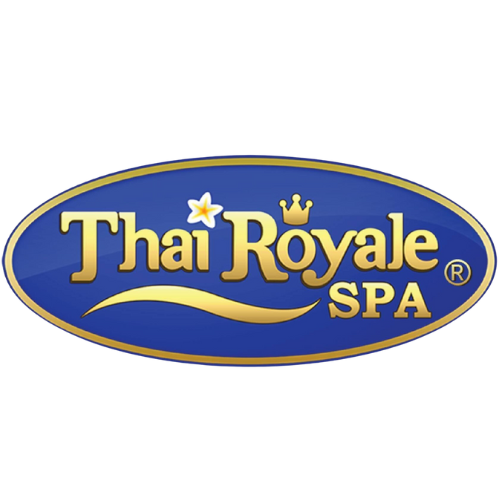Anxiety and depression are pervasive mental health conditions that affect millions of people worldwide. In the pursuit of relief, individuals often turn to various treatments, including therapy and medication. However, there’s an age-old practice that’s increasingly recognized for its ability to provide comfort and solace to those dealing with these challenges—massage therapy. In this article, we’ll explore the profound ways in which massage can soothe anxiety and depression, offering a holistic approach to mental well-being.
The Weight of Anxiety and Depression
Anxiety and depression are often described as silent battles that impact every aspect of a person’s life. Anxiety can manifest as racing thoughts, panic attacks, and a constant sense of unease, while depression often leads to overwhelming sadness, low energy, and a loss of interest in life. Both conditions can disrupt sleep, impair cognitive function, and affect physical health.
The Healing Touch of Massage
Massage therapy is more than just a luxurious spa treatment; it has the potential to be a powerful ally in the fight against anxiety and depression. Here’s how massage can provide relief:
- Stress Reduction: Massage promotes relaxation by reducing the body’s production of stress hormones like cortisol. Simultaneously, it triggers the release of endorphins, the body’s natural mood enhancers, which can help alleviate the symptoms of anxiety and depression.
- Calming the Mind: The quiet and serene environment of a massage session offers a reprieve from the constant mental chatter and worry associated with anxiety. The soothing touch of a skilled therapist can bring a sense of peace to a racing mind.
- Improved Sleep Quality: Both anxiety and depression can lead to sleep disturbances. Massage therapy enhances sleep quality by relaxing the body and mind, making it easier for individuals to fall asleep and stay asleep throughout the night.
- Enhanced Body Awareness: Depression often disconnects individuals from their bodies. Massage therapy encourages body-mind awareness, fostering a sense of self-care and self-compassion.
- Reduced Muscle Tension: Anxiety and depression can manifest as physical tension in the body. Massage techniques, like deep tissue massage and myofascial release, target muscle knots and tightness, providing relief from physical discomfort.
Types of Massage for Anxiety and Depression
Several massage modalities can be particularly beneficial for those dealing with anxiety and depression:
- Swedish Massage: Known for its gentle strokes and relaxation benefits, Swedish massage can alleviate stress and promote a sense of calm.
- Aromatherapy Massage: Incorporating essential oils, aromatherapy massage can enhance relaxation and mood. Some essential oils, such as lavender and chamomile, are known for their anxiety-reducing properties.
- Hot Stone Massage: Heated stones used in this type of massage can deepen relaxation and relieve tension.
- Craniosacral Therapy: Focusing on the head, neck, and spine, craniosacral therapy can provide profound relaxation and relief from mental stress.
- Shiatsu: This Japanese massage technique uses pressure points to balance energy flow and promote emotional well-being.
Conclusion
Massage therapy offers a holistic approach to managing anxiety and depression. By reducing stress, calming the mind, improving sleep, enhancing body awareness, and relieving muscle tension, massage can be an integral part of a comprehensive mental health strategy. While it is not a replacement for professional mental health treatment, it can provide much-needed relief and comfort for those navigating the challenges of anxiety and depression. So, if you find yourself in the midst of these battles, consider the healing touch of massage as a soothing and nurturing companion on your journey to wellness.

